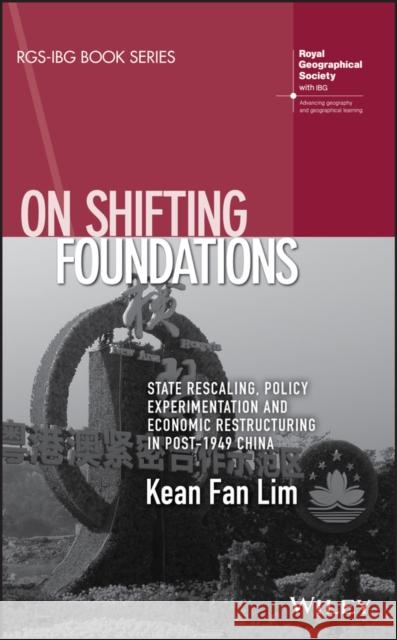On Shifting Foundations: State Rescaling, Policy Experimentation and Economic Restructuring in Post-1949 China » książka
topmenu
On Shifting Foundations: State Rescaling, Policy Experimentation and Economic Restructuring in Post-1949 China
ISBN-13: 9781119344568 / Angielski / Miękka / 2019 / 256 str.
On Shifting Foundations: State Rescaling, Policy Experimentation and Economic Restructuring in Post-1949 China
ISBN-13: 9781119344568 / Angielski / Miękka / 2019 / 256 str.
cena 128,31
(netto: 122,20 VAT: 5%)
Najniższa cena z 30 dni: 127,00
(netto: 122,20 VAT: 5%)
Najniższa cena z 30 dni: 127,00
Termin realizacji zamówienia:
ok. 30 dni roboczych.
ok. 30 dni roboczych.
Darmowa dostawa!
Kategorie BISAC:
Wydawca:
Wiley
Seria wydawnicza:
Język:
Angielski
ISBN-13:
9781119344568
Rok wydania:
2019
Numer serii:
000360433
Ilość stron:
256
Waga:
0.34 kg
Wymiary:
22.61 x 15.24 x 1.52
Oprawa:
Miękka
Wolumenów:
01
Dodatkowe informacje:
Bibliografia











